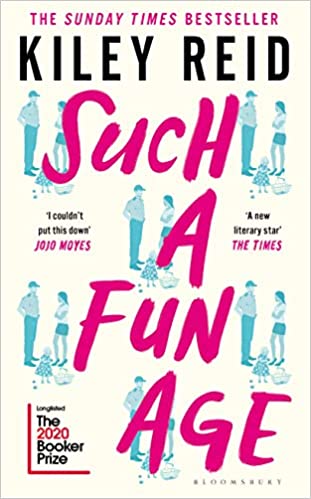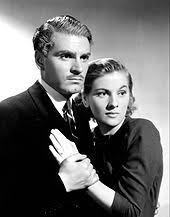
This was my book club’s choice for last month. When I first read the blurb it was not what I expected from the title – I thought it would be about teenagers, which tells you a bit about where my head is at right now! But no, the blurb tells us that a young black woman in Philadelphia, twenty-five year old Emira Tucker, is out at a grocery store late one evening with the small girl she looks after when a fellow shopper raises her concerns with the in-store security guard. What is a young black woman, dressed as if she has just come from a party (which in fact she has), doing out at that hour with a fair-skinned white-haired toddler? She must be up to no good, the fellow shopper concludes, and the security guard concurs. The guard challenges her, rudely, and when she resists his challenge, he over-reacts and threatens to call the police. The whole incident is caught on mobile camera by another fellow shopper, thirty-something white male Kelley.
What none of the spectators or the other participants know is the background: Emira is the child’s babysitter (not ‘nanny’ because that would make her employment more formal than the child’s parents have so far allowed) and they have called her for help at this late hour because someone has thrown a brick through their window. The police have been called and Peter and Alix Chamberlain do not want their little girl, three year old Briar, to see the police officers in the house. So they have asked Emira to take Briar out. And the reason that a brick has been thrown through the Chamberlain’s window is that Peter, a television presenter, made a racist comment during a live broadcast. So, you can see where the story is going – layer upon layer of casual racism, the kind where people say “I’m not racist, but…”
The incident I have outlined above is what opens the novel. It ends fairly anti-climactically, actually, whereas from the blurb I half expected our heroine to be thrown into jail for a made-up crime she did not commit (a plot along the lines of Tayari Jones’s An American Marriage). Instead, Emira calls Briar’s father, Peter, he of the on-screen racist remark, who arrives at the store promptly, claims Emira and the child, and the security guard calms down and everyone goes home. The woman who originally alerted the guard apologises, expecting, of course, absolution for her own racist preconceptions. How could she have known? Wasn’t she just being a conscientious good citizen? Kelley, the young man who filmed the whole scene, encourages Emira to alert the networks and sell her story. She doesn’t want to, however, she seems resigned to this level of everyday racism, and prefers a quieter life, claiming that she is quite cool with it all. Kelley emails her the video, just in case she changes her mind, deletes it from his own phone and they part company.
That is the incident over, on one level at least, except that it sets off a chain of events which will lead Emira through a series of dark and challenging times. She bumps into Kelley again, a few weeks later, on a train and the two start dating. Encouraged by Kelley, Emira begins to take a long hard look at her life, comparing herself to her friends, who all seem to be developing their careers, while she barely makes ends meet as an informal babysitter and part-time typist. A major preoccupation is that when she turns twenty-six, she will no longer be eligible for healthcare under her parents’ insurance policy, so she needs to find a way of earning enough money to afford her own cover.
Meanwhile, Emira’s boss, Alix Chamberlain, has decided that Emira is essential to her; Briar adores her and Emira seems to fill in some of the gaps in her own parenting. Plus, having Emira on hand means that she can pursue her own career as a lifestyle blogger and consultant. Alix determines to befriend Emira, to make her a part of their family, using the incentive of a more formal employment contract as the carrot. There is the unmistakeable suggestion that Alix wishes to ‘own’ Emira, and that her own success is on the back of her babysitter. Alix grows increasingly paranoid about losing Emira and takes ever more desperate steps to retain her.
One key aspect of the story is slightly far-fetched (I won’t reveal it) but the whole plot turns on it really, so you have to just suspend disbelief. Doing so is worth it because the author explores deftly and cleverly, a whole series of issues and themes, not just around race, but also the nature of privilege more generally, and autonomy. Who has the power to make the decisions? Which of us really has choice? This could have been a really straightforward novel about racism, but the author makes it about much more than that.
I and my fellow readers in my book club thoroughly enjoyed this book and I recommend it highly.







